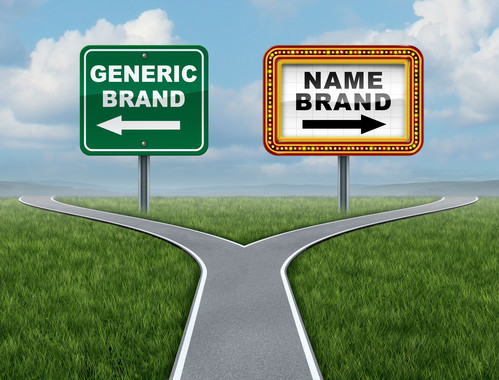Effectiveness of Generic Drugs
When a new drug comes out, there is a certain time period that the generic cannot be released. The new drugs in the US that have been released a couple years back like drugs for hypertension, reflux disease and osteoporosis are now available for generics to be released.
In the US, three-quarters of the prescriptions that are sold have generics. By allowing more people to afford generic prescriptions, the prices spent on prescriptions have decreased hundreds of billions of dollars. The government and FDA regulate the type of drugs and generics. They assure that the generics are just as effective. But some people believe generic brands are not as effective. So, just how effective are generic brand prescription medication?
The effectiveness of Generic Drugs
The Food and Drug Administration (FDA) is mainly responsible for regulating and passing prescription drugs. They have certain requirements for generic drugs. The generic drugs have to measure up to the original drugs in purity, quality, strength, and safety.
If a generic is produced, in order for it to be passed by the FDA it has to deliver the same amount of active ingredients that are in the original drug to a person’s body. This term is called bioequivalence. Many times a generic drug is almost identical to the original because the same company produces it as the original. For the companies that produce the generics, the FDA requires a bioequivalence test from the companies.
Matters get complicated when several different companies are usually making generics of a specific drug at a time. The ingredients may be the same in the generic as the original but the shape, color, inactive ingredients, and fillers may be different. These variable factors affect how the drug is dissolved and absorbed in the body.
Bioequivalence of Generics
From the reasons mentioned above, the active ingredients may be the same but they may still not have the exact bioequivalence of the originals. There have been studies shown that different absorbencies of generics from originals only differ from 3-4%. That is why the FDA gives leeway on some generics. For some drugs a 3-4% will not make a difference, but for others it could reduce the effectiveness of the drug or safety.
Generics to Look Out For
There have recently been red flags during the last decade with generic anti-seizure medications for epilepsy. This has been discovered in patients, hospitals, and researchers that it is not as effective as its original, Keppra (generic name levetiracetam).
Another faulty generic brand is the antidepressant bupropion XL (original Wellbutrin XL). Many people have been reporting problems of the generic since it was released in 2006. There have even been reports of new side effects such as headaches, nausea, and insomnia.







